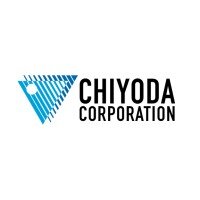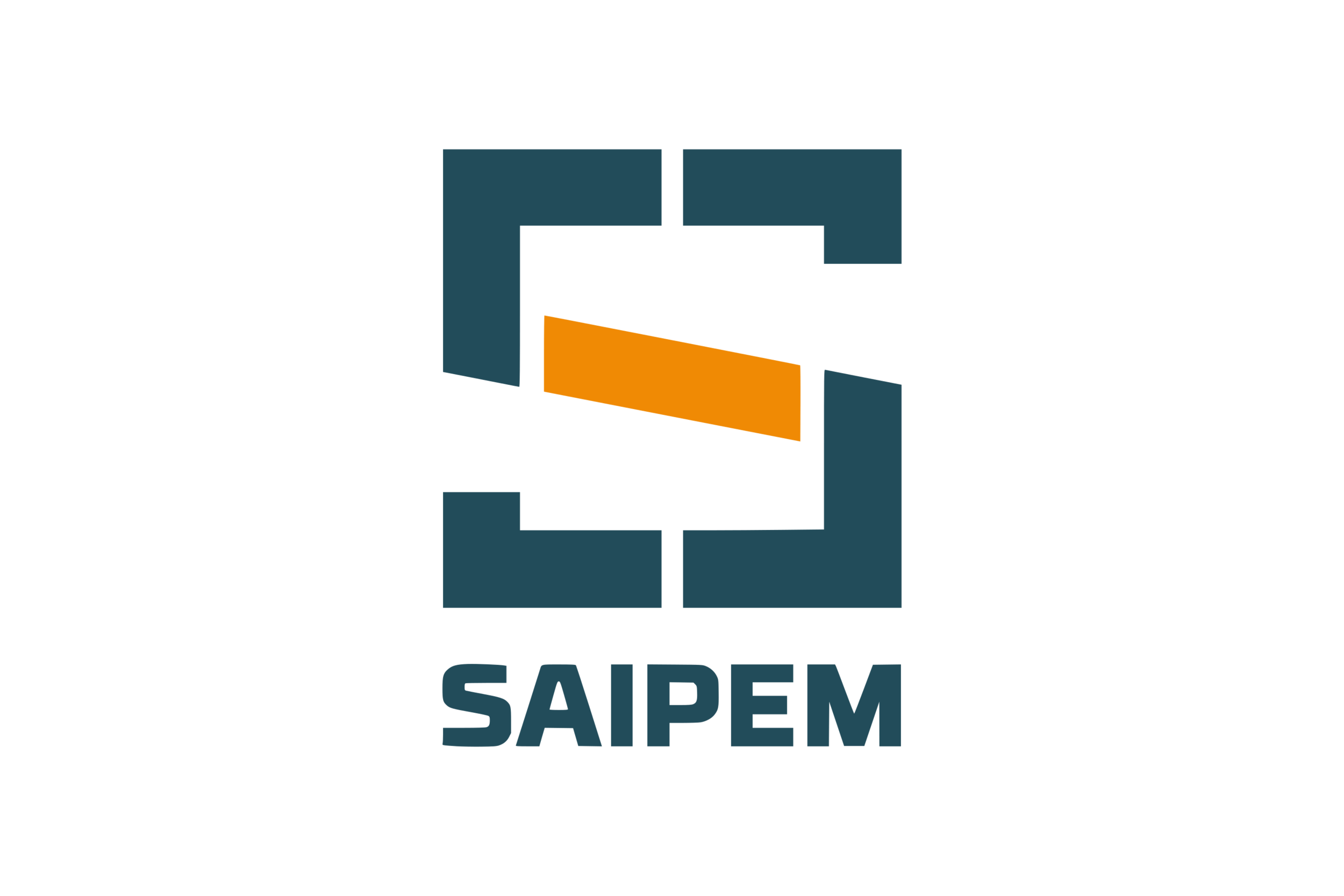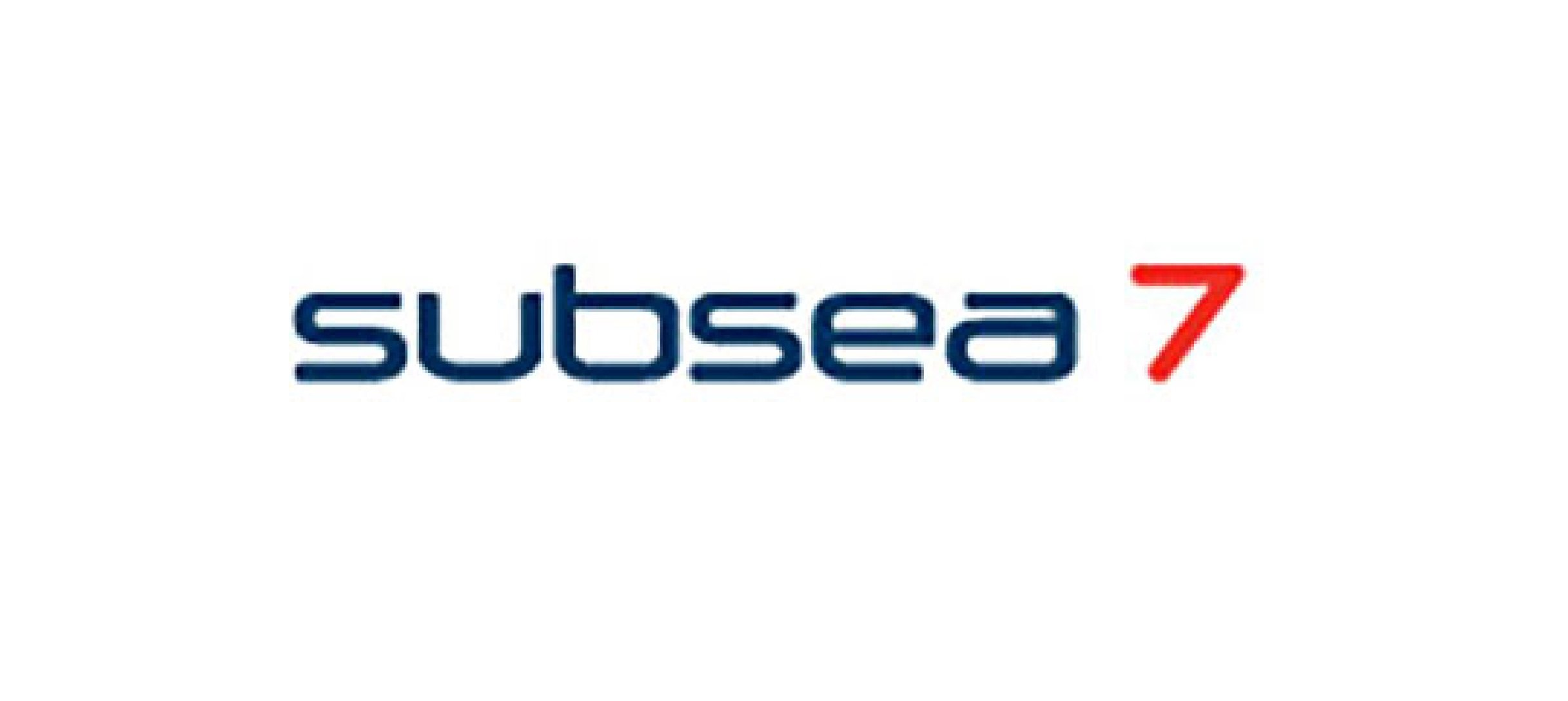About the Building Responsibly Worker Welfare Principles
Building Responsibly developed these Principles to serve as the global standard on worker welfare for the engineering and construction industry. They address key areas of worker vulnerability to raise standards and level the playing field so that competitiveness is not at the expense of the worker.
Given differing local and national requirements, and external guidelines, these Principles establish a common, global baseline for the treatment of workers in the engineering and construction industry. By collectively committing to and promoting these Principles, we can foster a business environment that advances the safety, security, and welfare of all people—especially those working in the construction sector.
Our Principles are also available in Arabic, Chinese, French, Hindi, Japanese, Portuguese and Spanish (see links below).
Building Responsibly members are committed to acting ethically and with integrity in all their business dealings with respect to worker welfare by supporting and adopting the following Principles:
The Principles
1.
Workers Are Treated with Dignity, Respect, and Fairness
Workers, irrespective of their nationality, gender, ethnicity, social and legal status, race, religion, or other protected status, are treated with dignity, respect, and fairness, and are not subject to harassment, discrimination, abuse, or inhuman or degrading treatment.
2.
Workers Are Free from Forced, Trafficked, and Child Labor
Workers are not subject to forced, coerced, trafficked, bonded, child, or involuntary labor of any form.
3.
Recruitment Practices Are Ethical, Legal, Voluntary, and Free from Discrimination
Workers shall be recruited through ethical and legal means whereby all recruitment shall be free from discrimination and all forms of involuntary labor, slavery, and trafficking. Companies should commit to responsible recruitment in their operations and prohibit the payment of fees by the worker. Conditions of employment shall be transparent and agreed upon in writing prior to commencing work in a language that is understood by the worker.
4.
Freedom to Change Employment Is Respected
Workers are free to refuse their contract; cancel and change their employment; and, where appropriate, return home travel at the end of their employment contract should be provided.
5.
Working Conditions Are Safe and Healthy
Workers have a safe and healthy work environment, subject to a robust health and safety management system that is compliant with all governing health and safety laws and regulations and is aligned with applicable international standards and industry best-practice. This includes access to safe and clean transportation and welfare amenities on project sites; and the promotion of transparent and external reporting regarding health and safety incidents.
6.
Living Conditions Are Safe, Clean, and Habitable
Workers, when provided with accommodation, have living conditions that are safe, clean, hygienic, and habitable, where consideration is given to their physical and mental health and well-being.
7.
Access to Documentation and Mobility Is Unrestricted
Workers have access to passports and personal documentation at all times. Workers shall have freedom of movement outside normal working hours, unless there are legitimate safety or security issues that might threaten the health, safety, or well-being of the worker.
8.
Wage and Benefit Agreements Are Respected
Workers are paid their agreed wages regularly and on time. Workers will receive all benefits to which they are entitled in accordance with contractual arrangements.
9.
Worker Representation Is Respected
Workers have the right to freedom of association. In countries where the right to freedom of association is restricted under law, companies should recognize the right of workers to develop alternative means for independent and free association and to communicate and promote their rights and welfare.
10.
Grievance Mechanisms and Access to Remedy Are Readily Available
Workers have, and are aware of, the means to report grievances or any activity that is inconsistent with these Principles without fear of retaliation, retribution, or dismissal, and to have them addressed in a prompt, fair, and consistent manner.
Core Elements of Implementation
Company implementation of the Principles should apply a risk-based approach and include the following
core elements:
Commitment
Senior leadership demonstrates a commitment to promoting worker welfare by providing appropriate policies and procedures, clarifying roles and responsibilities, and allocating sufficient resources.
Oversight
Oversight of key contractors and suppliers is undertaken through appropriate mechanisms, including policies and procedures, contractual controls, due diligence, training, monitoring, and continuous improvement of all elements.
Training
Appropriate awareness building, communication, and training is provided to leadership, employees, and workers.
Reporting
Transparent and accessible mechanisms are available to report incidents and raise concerns in good faith, without fear of retaliation.
Engagement
Building Responsibly members should endeavor to “lead by example” and encourage others in the engineering and construction sector to join our efforts to promote the rights and welfare of workers. Members will also engage with all affected stakeholders to improve implementation of the Principles.




























